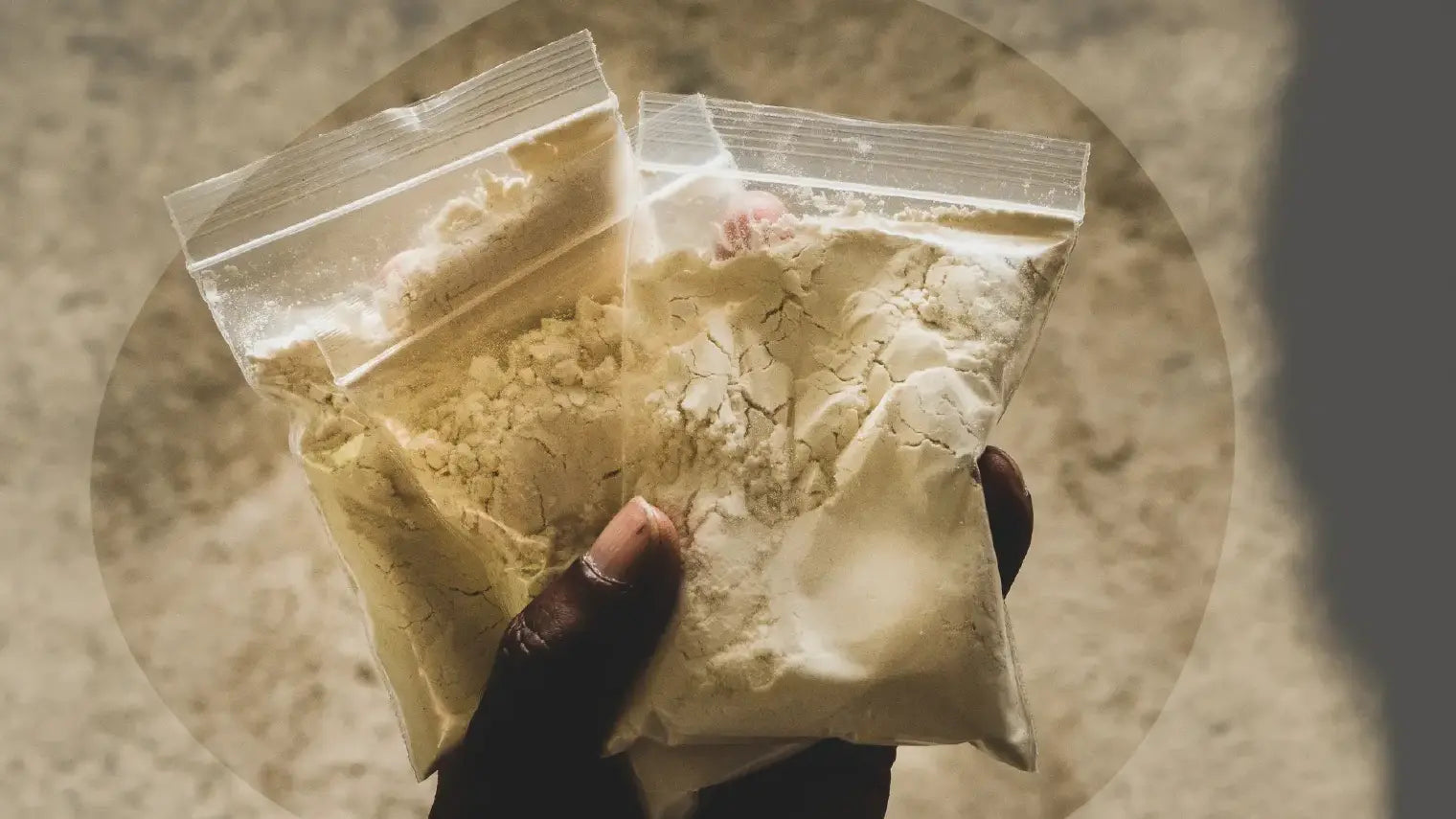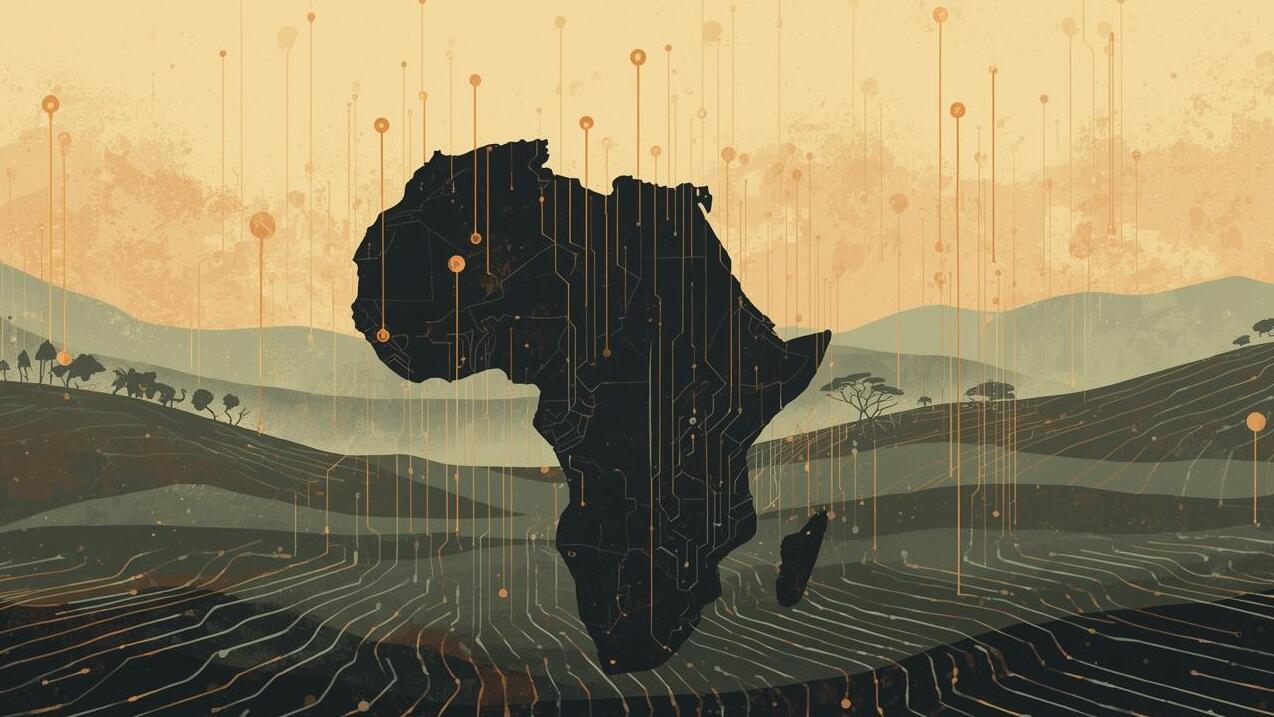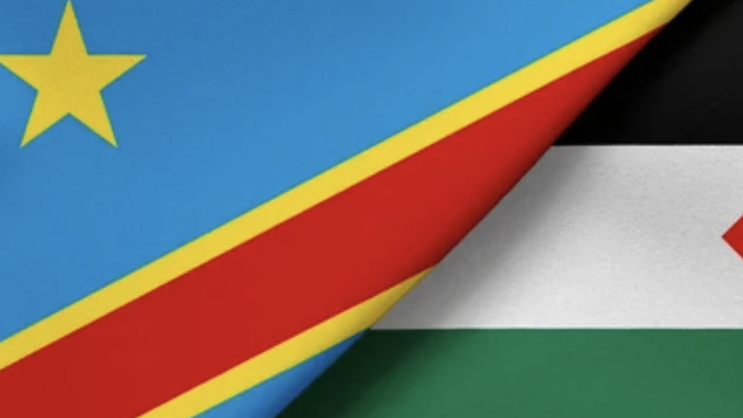
Cocaine: The African Route to Europe, the New Hub of Global Trafficking
Between corruption, instability and geopolitics: how West Africa became a strategic crossroads for drug trafficking to Europe
A new hub for global drug trafficking
Long centered on South and North America, the global map of cocaine trafficking is undergoing a profound transformation. In recent years, West Africa has emerged as a major corridor for cocaine trafficking to Europe. Record seizures at African ports and international investigations reveal a worrying phenomenon: South American cartels are now relying heavily on African networks to infiltrate the European market.
African ports under high tension
Strategic ports such as Dakar (Senegal), Abidjan (Ivory Coast), and Lomé (Togo) have become trafficking hotspots. Containers from Latin America transit through these ports before being redirected to the Spanish, French, Belgian, or Dutch coasts. This trafficking is often carried out with the complicity of corrupt port officials, rendering controls ineffective.
A well-oiled crime road
The pattern is now well known: cocaine leaves Colombia or Peru, passes through Brazil or Venezuela, before reaching West Africa by sea. From there, it continues its journey to Europe, hidden in cargoes of goods or transported by “mules.”
This strategy allows traffickers to diversify routes and cover their tracks, in the face of increased controls on direct transatlantic routes.
Political instability conducive to trafficking
Endemic corruption, weak judicial and police institutions, and political instability make many African countries fertile ground for illicit activities. Guinea-Bissau is now considered a narco-state, where traffickers operate with impunity. Other countries in the region, such as Mali and Nigeria, are also cited in several Interpol and UN reports as critical transit zones.
A growing threat to Europe
In Europe, the consequences are visible: an increase in cocaine purity, an increase in gang settling, and an explosion of urban violence. Major port cities like Antwerp, Rotterdam, and Marseille are becoming key distribution points, where criminal organizations are waging a merciless war for control of the market.
A discreet but global war
This cocaine trafficking through Africa illustrates the globalization of organized crime, where each continent plays a role in a complex and dangerous chain. Until African states receive effective support in their fight against corruption and transnational crime, Europe will continue to be the final target of a traffic that infects everything in its path.



Leave a comment
This site is protected by hCaptcha and the hCaptcha Privacy Policy and Terms of Service apply.